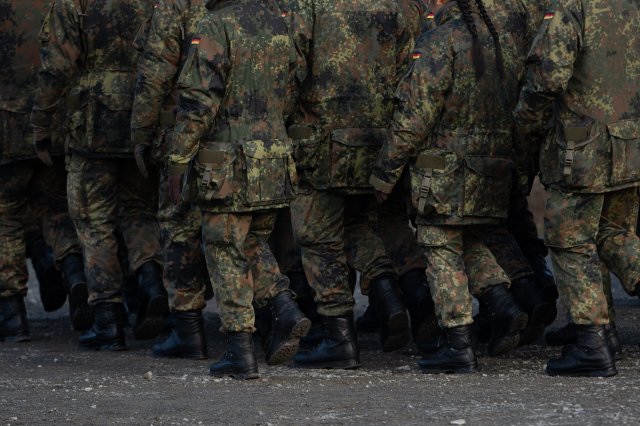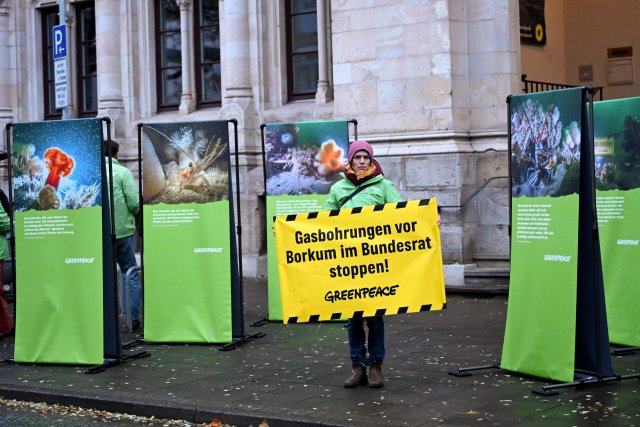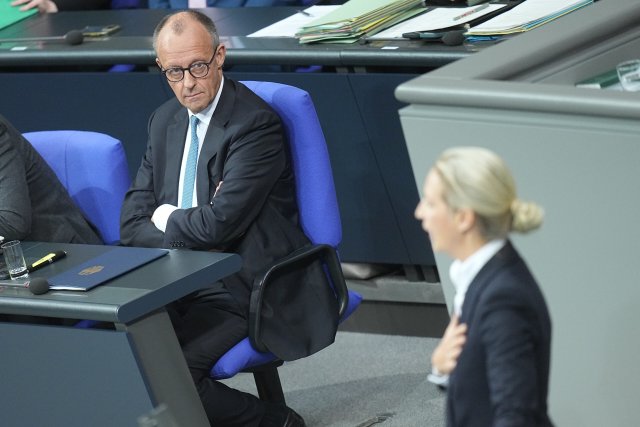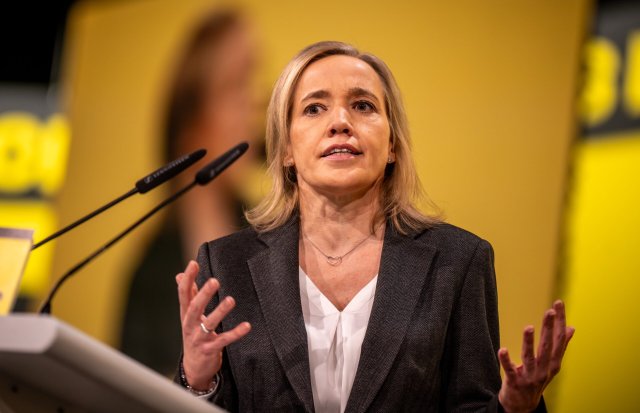- Kommentare
- Social Control
Berlin’s rulers want homelessness
Roughly 10.000 people in Berlin lack any shelter. This isn't a policy failure – the government chooses to keep people on the streets
Last week, Neukölln presented six »safe places« for homeless people. Apartments? Not quite. On a fenced-off empty lot, these white plywood »housing boxes« offer three square meters of privacy – with no heat or running water.
In the last year, 607.000 people in Germany lacked their own place to live (»wohnungslos«) at some point. About 50.000 went without any shelter at all (»obdachlos«). On Berlin's biggest English-language podcast, experts discussed the complex causes.
Homelessness seems like an inevitable feature of any city. And yet: In the early days of the Covid pandemic, New York and Los Angeles moved thousands of unhoused people into hotels. All it took was a stroke of a pen to end all the suffering.
In other words, our rulers are choosing to keep people on the streets. Drug addiction and mental health issues exist everywhere, yet they only lead to tents in city parks if there's a housing crisis.
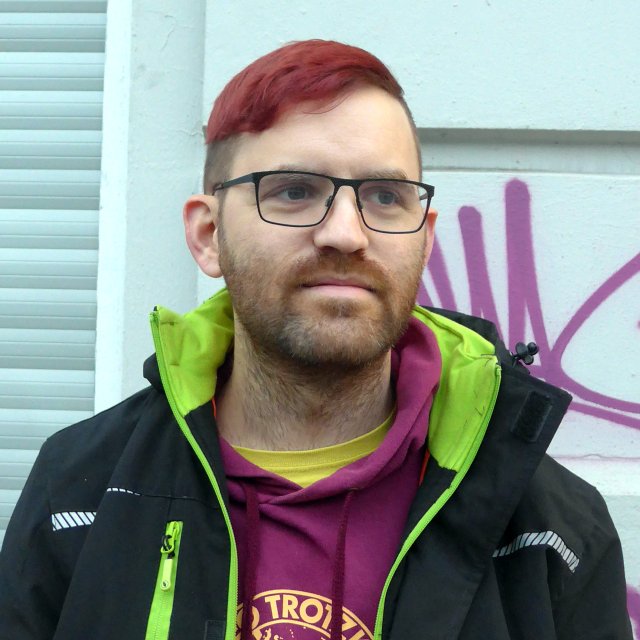
»Red Flag« is a column on Berlin politics by Nathaniel Flakin. It appeared in Exberliner magazine from 2020 to 2023 and found a new home at the Berlin newspaper nd – as their first content in English. If you like a regular dose of very local communist content, please share. Nathaniel is also the author of the anticapitalist guide book Revolutionary Berlin.
Diesen Text auf Deutsch lesen.
Neukölln's former social councilor, Falko Liecke of the CDU, famously called for increased police repression against the »voluntarily homeless«. Who does Liecke, a lobbyist for realty speculators, think chooses to live like this? What he means is that some people do not want to go to emergency shelters where they can only stay a few hours per night, without pets, without partners, without friends, where they might have to share a room with strangers suffering from severe mental health problems.
The housing market is like a game of musical chairs. With too few apartments, some people are going to land on the ground. In Germany, »social apartments« generally have their rents capped for 30 years. With most of them built in the 20th century, affordable housing is disappearing fast. Last year, just 25.000 new ones were built.
Is there a lack of space? Not even close. Berlin has almost a million square meters of empty offices. Just look at that awful Amazon Tower in Friedrichshain. Jeff Bezos's employees would desperately prefer to work from home – you could do them a huge favor and practically solve the city's homelessness crisis by taking that one building. It would just require taking a tiny fraction of Bezos's wealth.
The German government is spending 100 billion additional euros on weapons. This money could build a million new apartments right now. Yet politicians from across the spectrum lament this is impossible.
The SPD and Die Linke caused Berlin's housing crisis with massive privatizations in the early 2000s. Over two years ago, 59.1 percent of Berliners voted to socialize housing – and two subsequent governments have simply ignored this mandate.
When we see people suffering on the pavement, we assume that multiple systems must have failed. Because who would want this? Yet, as all studies about »housing first« have shown, it's actually far more expensive to leave someone on the street than to put them in their own apartment. Homeless people have frequent contact with extremely costly emergency medicine, and jail isn't cheap either. Unhoused people in Germany live an average of just 46.5 years.
Homelessness has the same function in a capitalist society that the pillory (the stocks) had in medieval times: humiliation as a form of social control. The government does remind us: »Work hard and obey your boss, or else we might do this to you!«
East Germany, despite being a very poor country, never had an eviction or an unhoused person. The GDR might have been a repressive dictatorship, but it was also a non-capitalist economy, and they didn't let people suffer on the streets.
Capitalist Berlin, in contrast, will let you die on the street – or if you're very lucky, they might give you an unheated wooden box.
Wir stehen zum Verkauf. Aber nur an unsere Leser*innen.
Die »nd.Genossenschaft« gehört denen, die sie lesen und schreiben. Sie sichern mit ihrem Beitrag, dass unser Journalismus für alle zugänglich bleibt – ganz ohne Medienkonzern, Milliardär oder Paywall.
Dank Ihrer Unterstützung können wir:
→ unabhängig und kritisch berichten
→ übersehene Themen in den Fokus rücken
→ marginalisierten Stimmen eine Plattform geben
→ Falschinformationen etwas entgegensetzen
→ linke Debatten anstoßen und weiterentwickeln
Mit »Freiwillig zahlen« oder einem Genossenschaftsanteil machen Sie den Unterschied. Sie helfen, diese Zeitung am Leben zu halten. Damit nd.bleibt.


